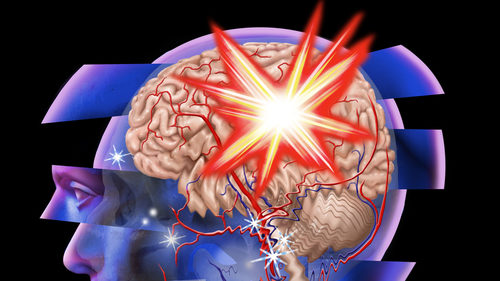Medication assisted treatment is exactly as it sounds: it is a substance abuse and/or addiction treatment protocol that utilizes counseling and behavioral therapies in conjunction with medication. This approach is most commonly used to help treat opioid use disorder. Currently, there are three different types of medications that are FDA approved for use in treating opioid dependence. They are buprenorphine, methadone, and naltrexone. According to the FDA these three types of drugs have proven to be effective and safe, in combination with psychological counseling, when used as a component of treatment under the direct supervision of a medical professional. There is no set timeframe with which these medications must be used, as each individual may benefit from its use for a varied duration during his or her recovery process.
Is It For Everyone?
Medication assisted treatments is not necessarily a good fit for everyone. In fact, there are certain contributing factors that may indicate medication assisted treatment should be avoided. Any individual who has a dual diagnosis may not be suited for medication assisted treatment. Medication assisted treatment can be helpful for individuals in conjunction with additional mental health support and substance abuse treatment therapies. Medication, alone, will not fix a chemical dependency. For the correct candidates, according to Psychology Today, research has suggested that individuals who use a combination of psychological therapy and medication lessen their risk of overdose as opposed to individuals who only access psychological treatment.
How Does It Work?
When an individual becomes dependent upon drugs and/ or alcohol his or her body will experience adverse effects in the absence of the abused substance. Medication assisted treatment is similar to replacement therapy, with the intention of eventually eliminating the replacement drug. When it comes to opioid abuse, an individual will likely undergo uncomfortable withdrawal symptoms without the opioid in his or her system. Reducing the drug cravings and easing the withdrawal symptoms, by using the medication relied upon in medication assisted treatment programs, can help an individual become less preoccupied with satisfying his or her drug cravings and more focused on returning to a healthy lifestyle. Although medication assisted treatment does involve the use of opiates, when done so under the direct supervision of a medical professional, an individual is at low risk for developing an addiction to the medication used in treatment.
Drawbacks
There is no treatment approach to substance use disorder that does not have its fair share of problems. The purpose of medication assisted treatment is to help an individual lessen his or her withdrawal symptoms from abused opioids. The FDA approved medications, however, when improperly administered and abused can get users high and have the propensity to become addictive in their own right. Additionally, when the time comes to taper off the medications during one’s medically assisted treatment it is likely that an individual will experience the discomforts of withdrawal symptoms. In some cases, withdrawal from the synthetic opioids can be as, if not more, severe and unpleasant as one may experience when withdrawing from other drugs (i.e. morphine, heroin…etc.). Another risk to medication assisted treatment is that an individual may continue to abuse drugs, while also taking the medications prescribed during treatment.
For Information and Support
If you are concerned for yourself or a loved one in regards to substance abuse and/ or addiction we recommend reaching out for help as soon as possible. If left untreated, substance abuse can result in long lasting and potentially life-threatening consequences. Keep in mind: you are not alone! There is an entire network of professionals that are available to help and support you and your loved one throughout the recovery process. The earlier you seek support, the sooner your loved one can return to a happy, healthy and fulfilling life.
Please do not hesitate to reach out with any questions regarding our specific program at Haven House Addiction Treatment and/ or general substance abuse and/ or addiction treatment related information. Our highly trained staff is readily available to discuss how we might best be able to help you and your loved one.



